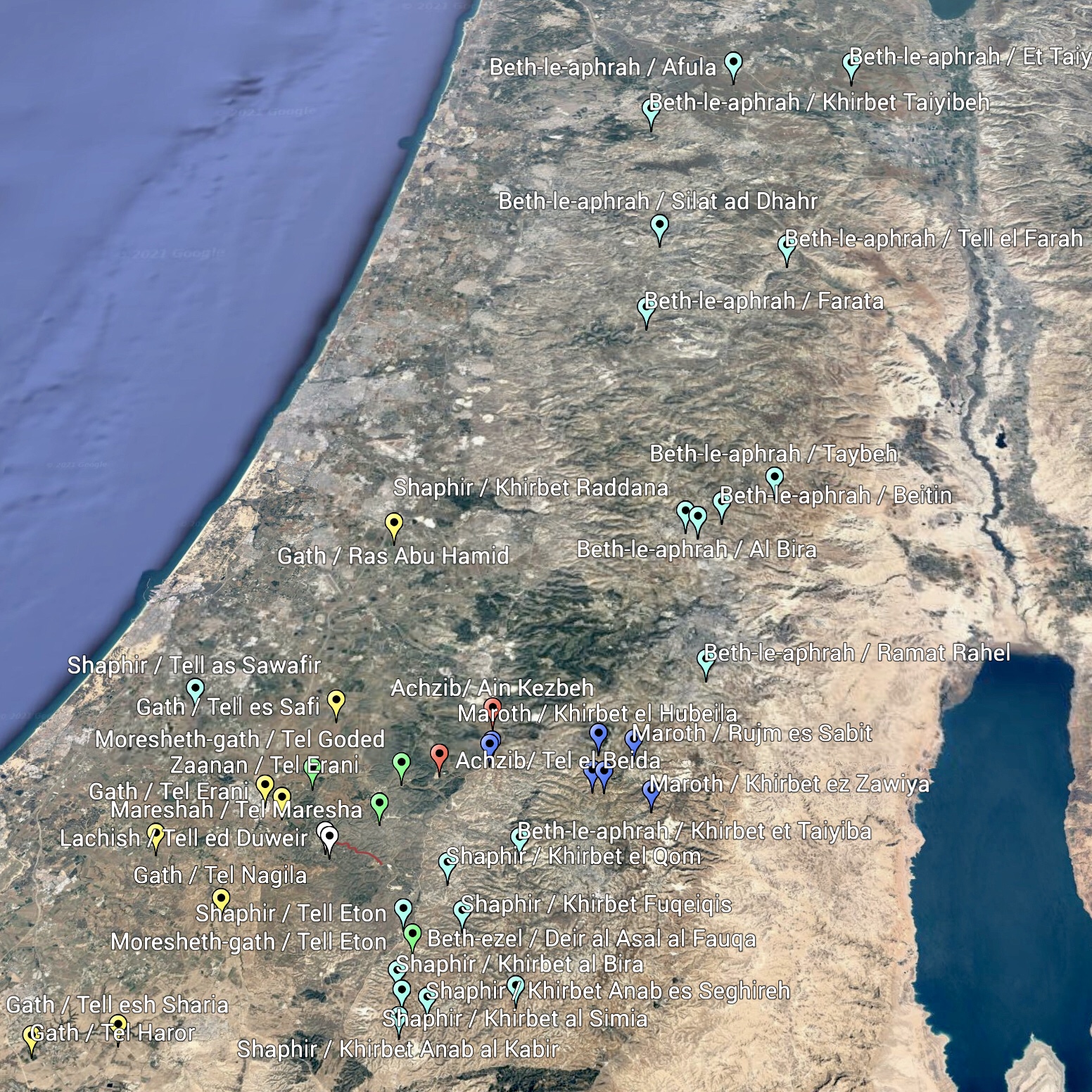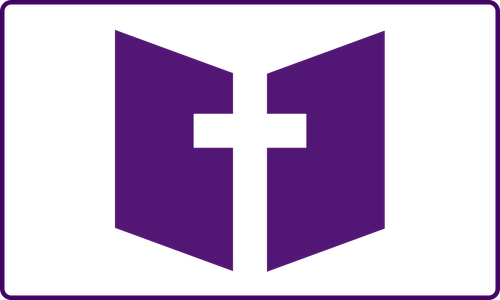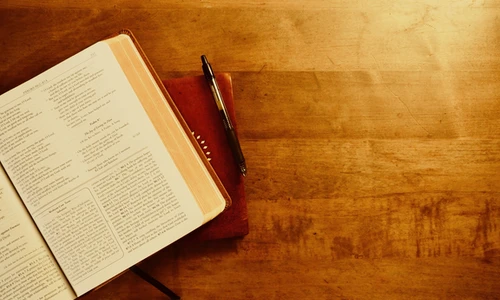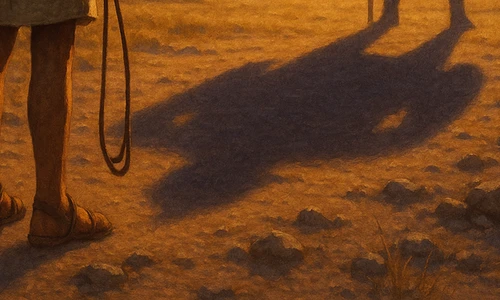It wasn’t until two weeks ago that I knew that Micah 1 was full of puns, and I am excited.
By now, I should expect Biblical wordplay, but it’s hard to see when the wordplay is in Hebrew and I read in English. So I’m going to highlight these nine puns so you can join me in my joy.
| Verse | Placename | Scripture | Pun |
|---|---|---|---|
| 10 | Gath | Tell it not in Gath weep not at all |
“Gath” sounds like Hebrew for “tell” (nagad) |
| 10 | Beth-le-aphrah | In Beth-le-aphrah roll yourselves in the dust |
“Beth-le-aphrah” means “house of dust” |
| 11 | Shaphir | Pass on your way inhabitants of Shaphir in nakedness and shame |
Shaphir means “pleasant” or “beautiful”, but I cannot identify a pun1 |
| 11 | Zaanan | The inhabitants of Zaanan do not come out |
“Zaanan” (Tsa’anan) sounds like Hebrew for “come out” (yatsa’) |
| 11 | Beth-ezel | The people of Beth-ezel mourn for their house has no support2 |
“Beth-ezel” means “adjoining house”, as in the one that would support this one |
| 12 | Maroth | For the inhabitants of Maroth wait anxiously for good but only bitterness awaits them3 |
“Maroth” sounds like Hebrew for “bitter” (marah)4 |
| 13 | Lachish | Harness the steeds to the chariots inhabitants of Lachish |
“Lachish” sounds like Hebrew for “team of horses” (rekesh) |
| 14 | Moresheth-gath | Therefore you shall give parting gifts to Moresheth-gath |
“Moresheth” sounds like Hebrew for “dowry” or “gift”5 |
| 14 | Aczib | The houses of Aczib shall be a deceitful thing to the kings of Israel |
“Achzib” sounds like Hebrew for “deception” (kazav) |
| 15 | Mareshah | I will again bring a conqueror to you inhabitants of Mareshah |
“Mareshah” (Mar’eshah) sounds like Hebrew for “conqueror” (yarash) |
| 15 | Adullam | The glory of Israel shall come to Adullam |
Adullam is just a place name; again, I cannot identify a pun |
Most of these places are unknown today. The following image shows a number of options for the locations of each of these cities (the markers for each city are the same color; a few colors are used for more than one city because I ran out of markers). As you can see, they cover a significant swath of ancient Israel—Micah is addressing the length and breadth of the land.

So What?Permalink
What possible purpose could puns serve?
Obviously, they’re delightful. They’re playful and creative, and the authors of Scripture were not just scribes but artists. And they draw our eyes to “beautiful things” (Psalm 119:18).
Let’s back up to get the point of the passage: Micah is naming a dozen towns in Judea that are subject to punishment from God for their sin. He includes the northern capital of Samaria and the southern capital of Jerusalem as well, although he fails to pun them. His point is that the sin is ubiquitous in Israel, and the punishment will therefore be universal.
In Hebrew poetry, repetition serves as an intensifier, and these puns all rely on repeated sounds within adjacent lines. The fact of the wordplay itself also serves to call attention to all these places, which are mostly small and easily overlooked (Lachish is a huge counterexample, as the capital of the Shephelah, or steppe region).
Just as God does not overlook the smallest injustice or sin, He does not overlook the smallest town. Neither does Micah. And now, neither do you!
-
Given that we have some clue where Shaphir may have been (see the map), and Zaanan and Beth-ezel are both mysteries, Micah may have been trying to help us locate the latter two by giving us a larger nearby town instead of a pun. ↩
-
NLT; ESV reads “take away [the house’s] standing place”, which doesn’t make the pun obvious. ↩
-
NLT; ESV uses “disaster” instead of “bitterness” and pairs it with Jerusalem in the next line ↩
-
Ruth’s mother-in-law Naomi famously declares that she should be called not “Naomi” (sweet) but “Marah” (bitter) ↩
-
I can’t find an appropriate Hebrew word that would make this a real pun, but both NET and NLT tell me it’s true, so I’ll take their word for it. ↩



